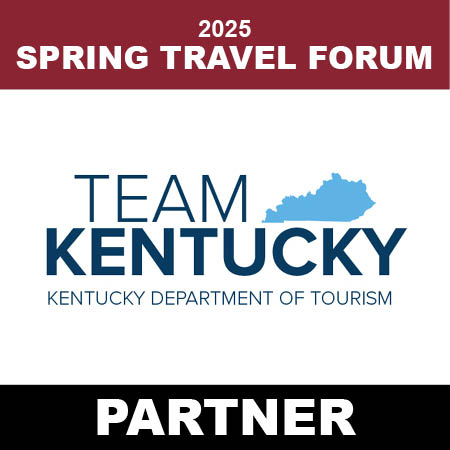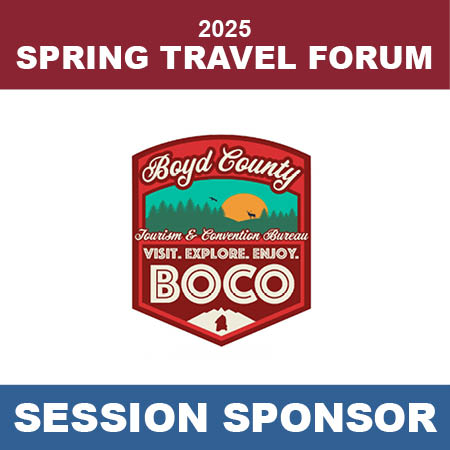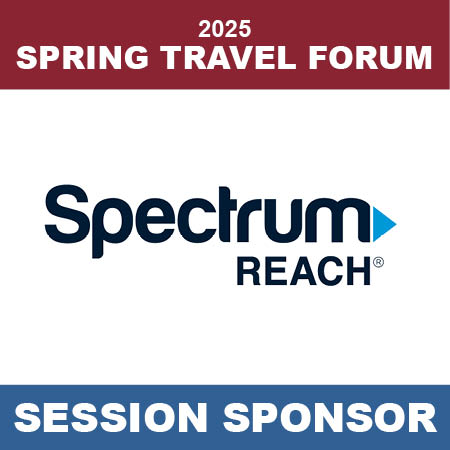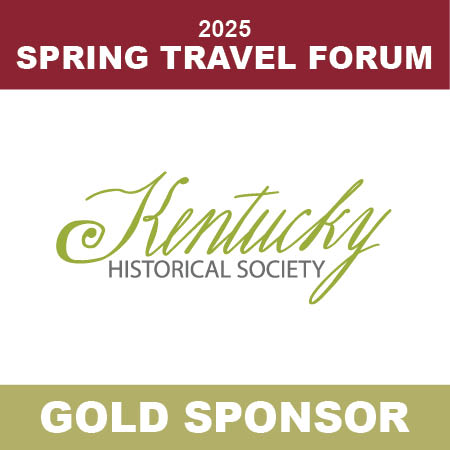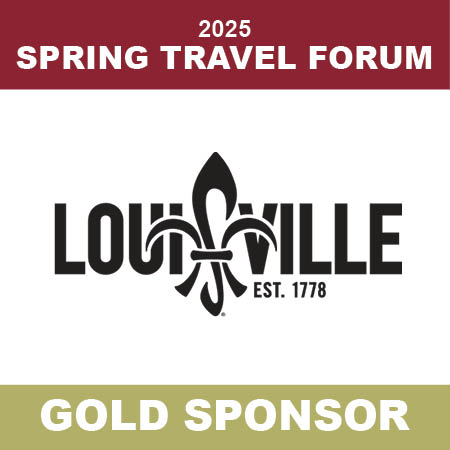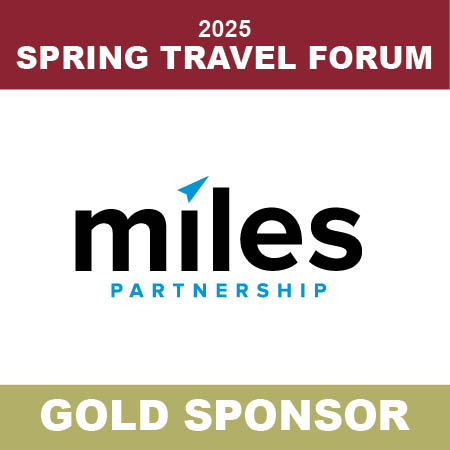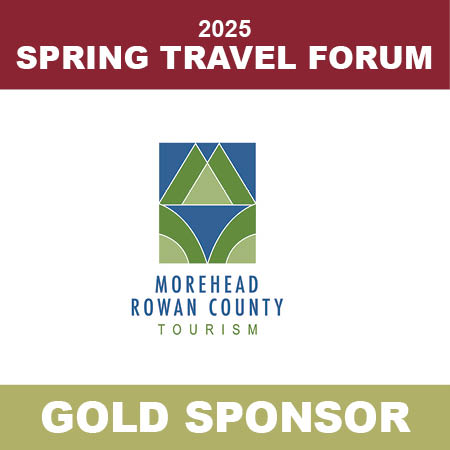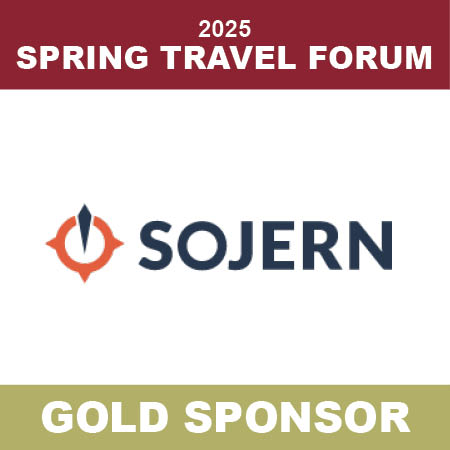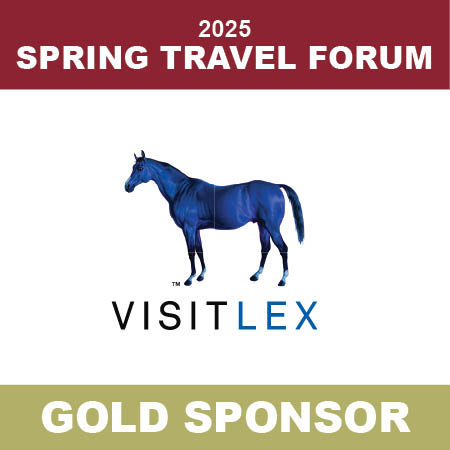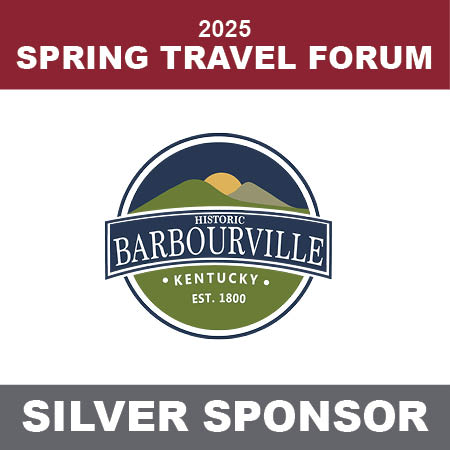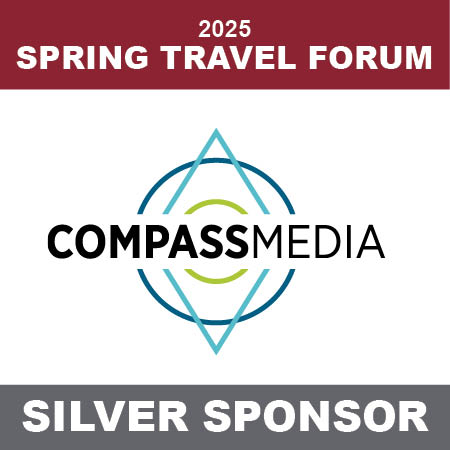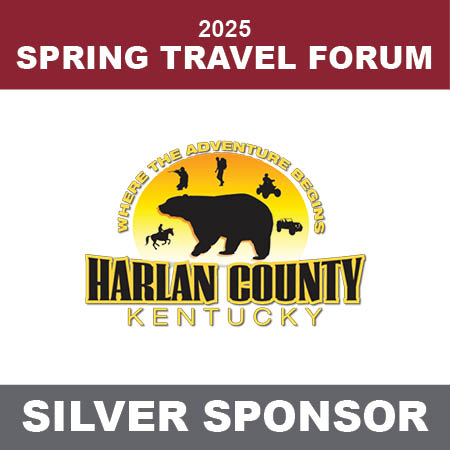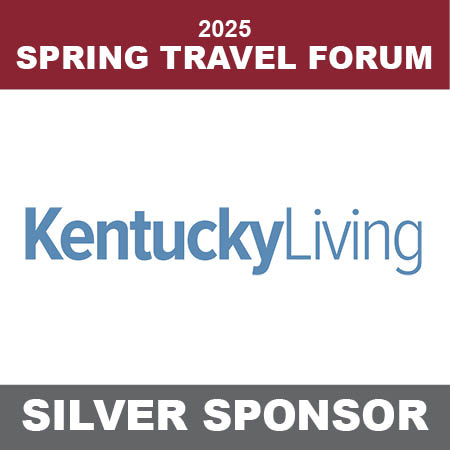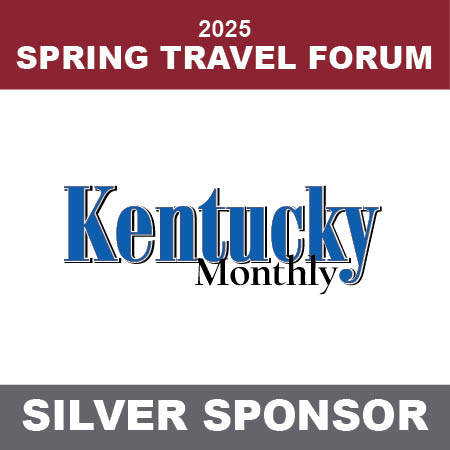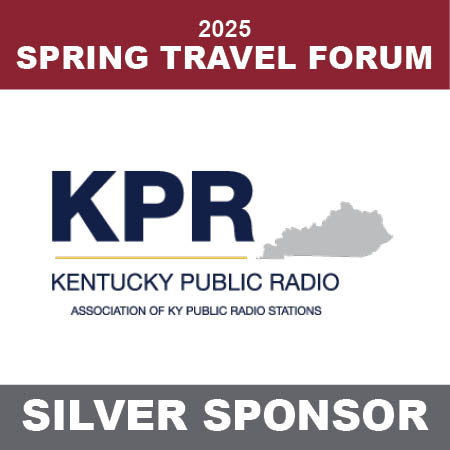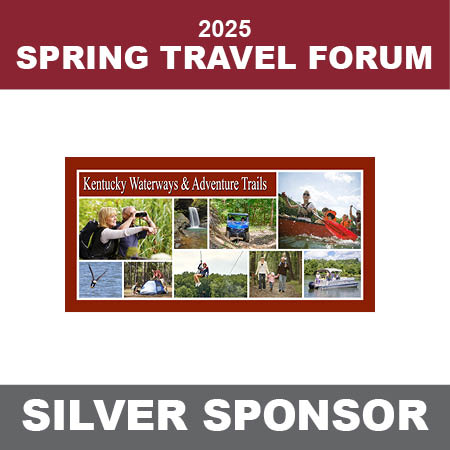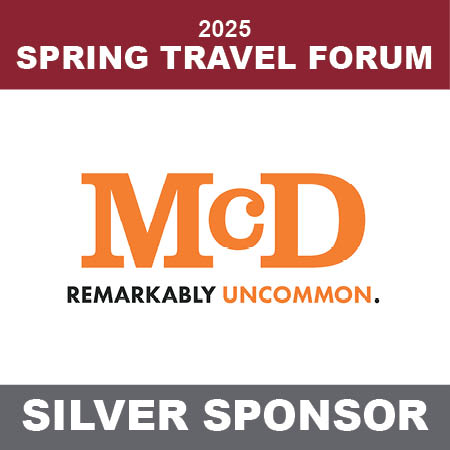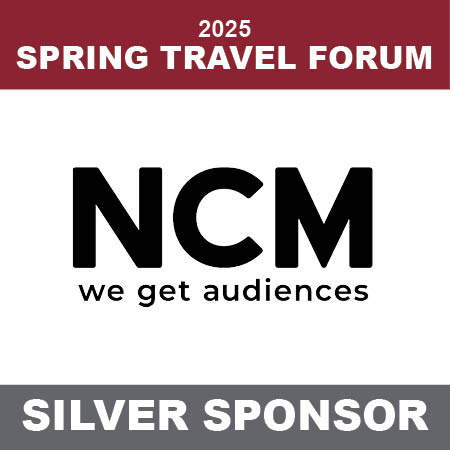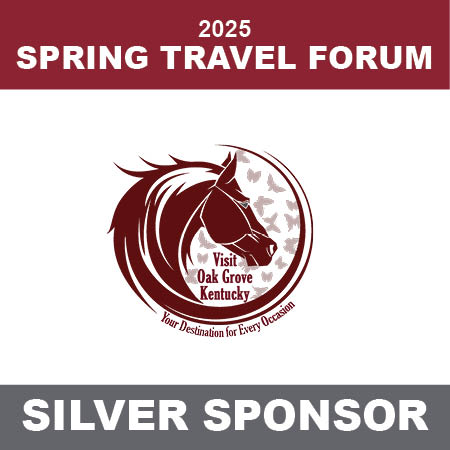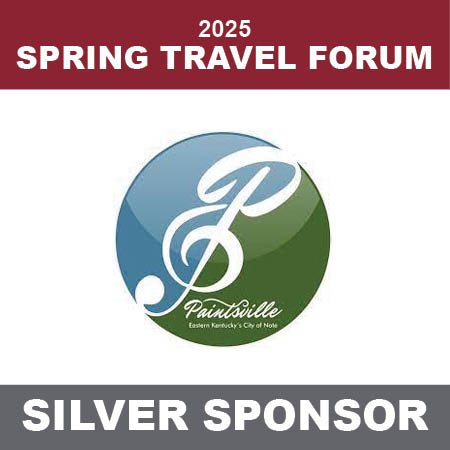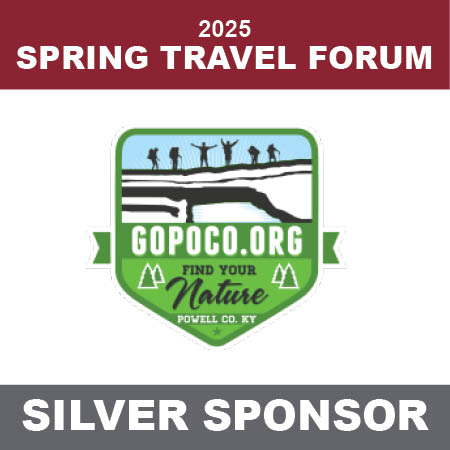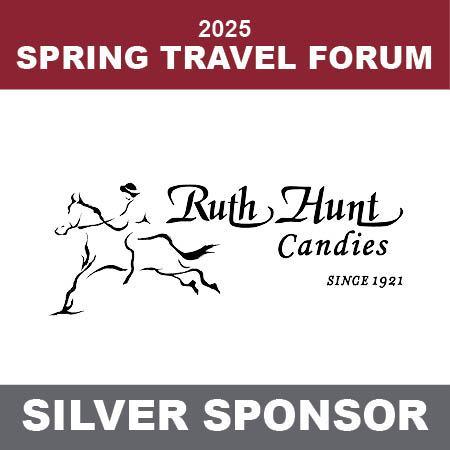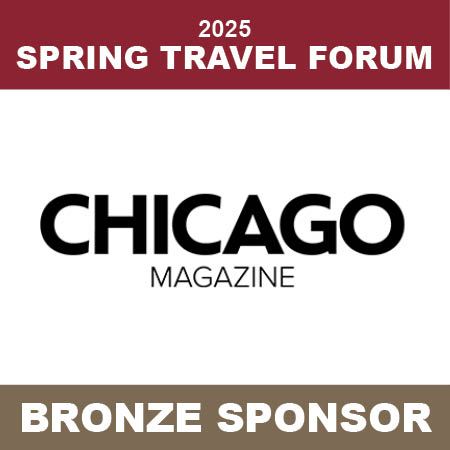|
KTIA Journal of Travel & Tourism
August 2021
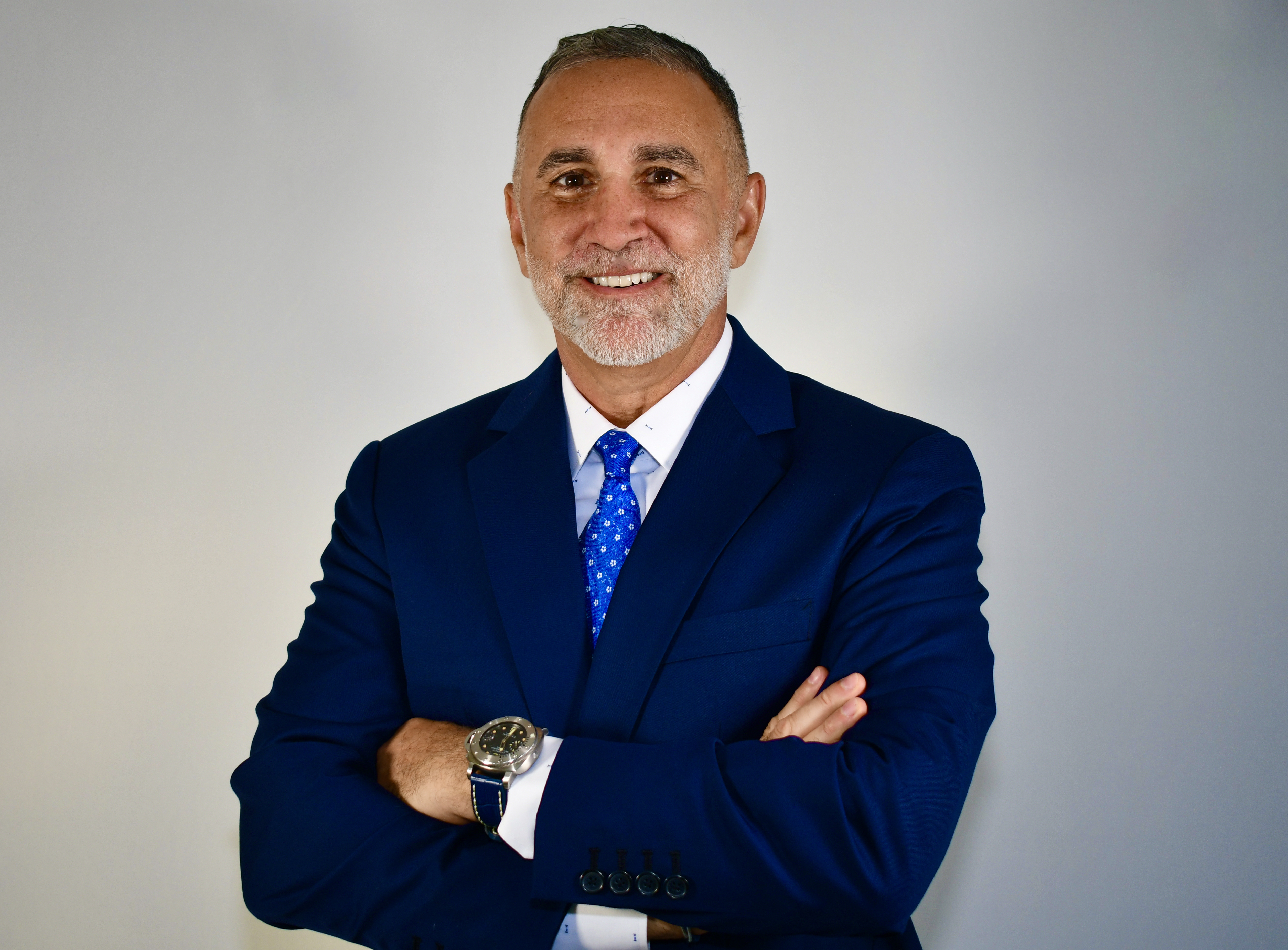 JOHN TANZELLA,
President & CEO, International LGBTQ+ Travel Association (IGLTA)
John Tanzella is the President/CEO of the International LGBTQ+ Travel Association (IGLTA), a non-profit tourism association that is the global leader in advancing LGBTQ+ travel. IGLTA is headquartered in Florida, with additional staff located in Washington D.C., Madrid, São Paulo, Paris, London and Cape Town.
IGLTA's network is made up of more than 8,000 tourism business professionals in approximately 80 countries. In marketing its tourism industry business members, IGLTA reached more than 4 million unique travelers in 2019. The IGLTA Foundation was created five years ago as the philanthropic arm of the association, supporting the tourism industry with research, education and developing future LGBTQ+ tourism leaders. IGLTA is the only LGBTQ+ Affiliate Member of the UN World Tourism Organization (UNWTO), the United Nations agency responsible for the promotion of responsible, sustainable and universally accessible tourism.
John serves on the Board of Directors for the Stonewall National Museum & Archives (U.S). Born in Boston to Italian immigrant parents, he attended the University of Georgia and resides in Fort Lauderdale, Florida.
KTIA: Why should travel marketers pursue the LGBTQ+ market?
Studies have shown time and again that LGBTQ+ travelers are loyal and enthusiastic. They will return repeatedly to destinations that make them feel welcome.
LGBTQ+ travelers are also very resilient, often the first to pave the way back after a major travel disruption, like 9/11 or now, the pandemic. LGBTQ+ outreach is an investment with a long-term payoff.
KTIA: How are LGBTQ: travelers similar and dissimilar to the general traveling public?
They are actually more similar than not. They are an incredibly diverse group, interested in culture, gastronomy, shopping, sports, nightlife — just like non-LGBTQ+ travelers. Most importantly, they want to feel safe and welcome. This is where the difference comes in, because many destinations have laws that are less than friendly to LGBTQ+ people or a culture that isn’t accepting.
KTIA: What are some of the more frequent destination marketing errors of omission and commission made in regard to the LGBTQ+ market?
We too often see outreach that is tone deaf, like marketing materials that only include heterosexual imagery or language that refers to husband/wife rather than speaking in gender-neutral terms. And when it does include LGBTQ+, it often only includes gay, white men.
KTIA: We’ll ask the same question as the previous one, but apply it to travel service providers, such as hotels and attractions, and their LGBTQ+ guests.
Every LGBTQ+ traveler with a partner/spouse seems to have had the experience of being offered two beds instead of the single bed they booked. Also, we still don’t see enough gender-neutral bathroom options, and that goes a long way in making nonbinary and transgender guests feel more comfortable at an attraction or in a hotel lobby.
KTIA: Moving away from the “don’ts” of the last two questions, what are some of the most important “do’s” that marketers and service providers should keep in mind concerning the LGBTQ+ market and guests? Related, what are some of the main factors or considerations LGBTQ+ travelers keep top of mind when selecting a travel destination?
Well, it’s worth repeating: DO be inclusive! Everyone wants to see themselves represented, so if there’s an opportunity to showcase the LGBTQ+ business owners within your community as part of the mix, or to integrate LGBTQ+ images across your broader content, that can speak volumes. And in terms of LGBTQ+ representation, please think beyond cisgender, white gay men.
KTIA: What makes a city an enticing LGBTQ+-friendly travel destination?
When the city understands its strengths and plays to them with an inclusive attitude.
KTIA: What are your thoughts about how Kentucky is doing and needs to do in striving to be a welcoming and inclusive destination for LGBTQ+ visitors? Suggestions for improvement are welcomed.
The Kentucky Department of Tourism made an important first step by seeking out diversity training, which is more than many places do. The more stakeholders that invest in training from within, the more that the state will be equipped to provide a quality welcome to visitors. We’re also very pleased to have the state tourism office and Louisville Tourism engaged in our Annual Global Convention, which provides three days of educational opportunities and the chance to brainstorm and network with some of the finest LGBTQ+ tourism thought leaders. It’s a wonderful learning opportunity for those new to the market. Hosting an LGBTQ+ press FAM is also a wonderful way to share the destination, but in doing so, it’s essential that it provides the writers with ways to connect with the local LGBTQ+ community in addition to destination highlights.
KTIA: Are there examples you can offer of smaller communities in states similar to Kentucky that have succeeded in establishing themselves as LGBTQ+-friendly and popular destinations? What are the keys to their success?
Door County, Wisconsin and Galena, Illinois come to mind. They both did a good job of outreach to same-sex couples for romantic getaways. They didn’t pretend to be something they are not, ie packed with LGBTQ+ nightlife. But they played to their strengths and showcased LGBTQ+ owned businesses within that mix.
KTIA: What is IGLTA’s view concerning boycotts and travel bans stemming from state legislation deemed to be discriminatory toward LGBTQ+ people? By way of example, California’s Attorney General has Kentucky on a list of states to which state officials cannot travel due to a bill passed by the Kentucky General Assembly that permits student-run religious organizations in schools to deny membership based on the group's religious beliefs.
IGLTA will always stand with those advocating for diversity, equity and inclusion. We do not see boycotts as the answer as they only serve to further disenfranchise those who are already getting left behind due to racism, economics or identity. The laws of a country, state or region are not reflective of its entire population, and we will continue to amplify the efforts of the destinations, businesses and individuals that are promoting inclusion no matter where in the world they are located.
KTIA: In conservative states like Kentucky, what suggestions do you have for state and local tourism leaders who understand the value — economic and otherwise — of LGBTQ+ visitors, but who are hesitant to pursue the market for fear of possibly alienating elected officials and residents?
Baby steps. Your efforts don’t have to be overtly LGBTQ+ as much as they need to be inclusive. Build a solid case study as well. Gather and share data that shows the social and economic value of the LGBTQ+ market and its potential for a positive, long-term impact on the destination.
KTIA: Is there anything else you would like to share with Kentucky’s tourism industry that we haven’t already covered?
IGLTA has been around since 1983 providing resources to the tourism industry and consumers. Visit iglta.org/research for free access to the latest projects, data and surveys from IGLTA, our philanthropic IGLTA Foundation, and our members.
KTIA: What is the best personal trip you’ve ever taken and why?
Cape Town combined with a South African safari. I loved being surrounded by wildlife, and also experiencing history and culture so different from that in the U.S. However, I do have fond memories going to Lexington every other year in October for the Georgia-Kentucky football game. It also coincided with the last weekend of Keeneland and so we’d always go to brunch and then to horse races at the track. |

